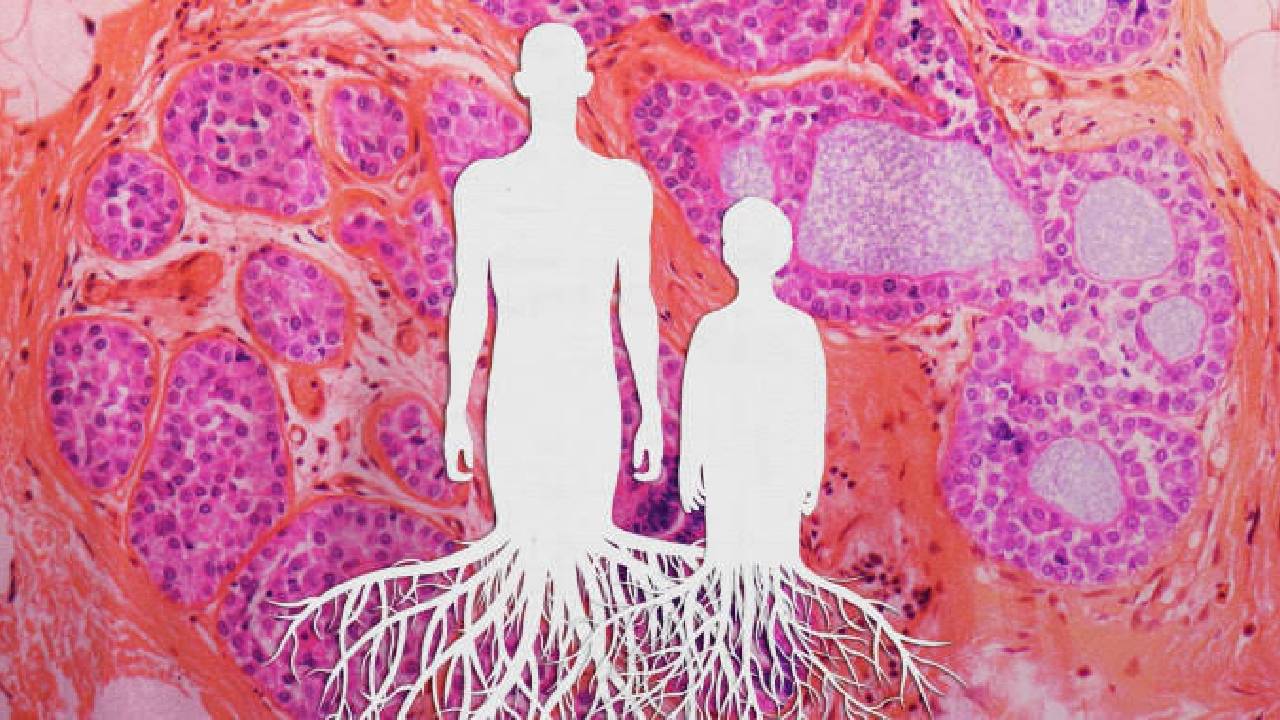radicalthought.org – Cancer is a complex disease influenced by a multitude of factors, including genetics, lifestyle, and environmental exposures. While not all cancers are hereditary, a significant portion can be attributed to genetic mutations passed down through generations. Understanding the genetic link to cancer can empower individuals and families to take proactive steps in managing their health and potentially reducing their risk of developing the disease.
The Basics of Hereditary Cancer
Hereditary cancer is caused by gene mutations that are passed from parent to child. These mutations can significantly increase the risk of developing certain types of cancer. It’s important to note that having a genetic mutation does not guarantee that cancer will develop, but it does increase the likelihood.
Common Hereditary Cancer Syndromes
Several hereditary cancer syndromes have been identified, each associated with specific genetic mutations and cancer risks. Some of the most well-known include:
- BRCA1 and BRCA2 mutations: These mutations are most commonly associated with an increased risk of breast and ovarian cancer, but they can also increase the risk of other cancers, such as pancreatic and prostate cancer.
- Lynch syndrome (hereditary nonpolyposis colorectal cancer, or HNPCC): This syndrome is linked to a higher risk of colon, endometrial, and other cancers.
- Li-Fraumeni syndrome: This syndrome is associated with a mutation in the TP53 gene, which can lead to a variety of cancers, including breast cancer, sarcomas, brain tumors, and leukemia.
Identifying Hereditary Cancer Risks
Identifying hereditary cancer risks typically involves a thorough family history analysis and, in many cases, genetic testing. A detailed family history can reveal patterns of cancer that may suggest a hereditary component. Genetic testing can then be used to confirm or rule out specific genetic mutations.
The Role of Genetic Counseling
Genetic counseling is a critical component of understanding hereditary cancer risks. A genetic counselor can help interpret family history and genetic test results, provide information about cancer risks, and discuss options for cancer screening and risk reduction.
Managing Hereditary Cancer Risks
For individuals with hereditary cancer risks, managing those risks can involve a combination of regular cancer screenings, lifestyle modifications, and, in some cases, preventive surgeries or medications. It’s important for individuals to work closely with their healthcare providers to develop a personalized risk management plan.
Conclusion
Understanding the genetic link to cancer is a powerful tool in the fight against the disease. By recognizing hereditary cancer risks and taking proactive steps to manage those risks, individuals and families can significantly impact their cancer prevention and management strategies. As research in genetics and cancer continues to evolve, the ability to identify and mitigate hereditary cancer risks will only improve, offering hope for a future where cancer’s impact is greatly diminished.
